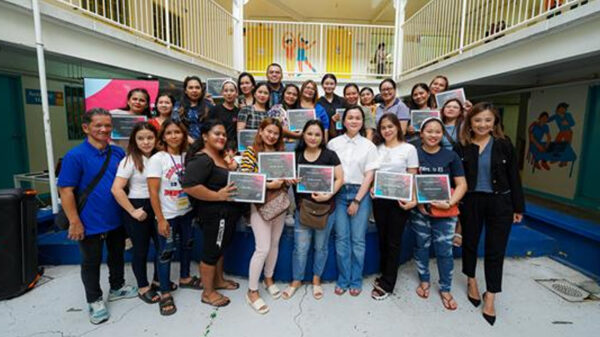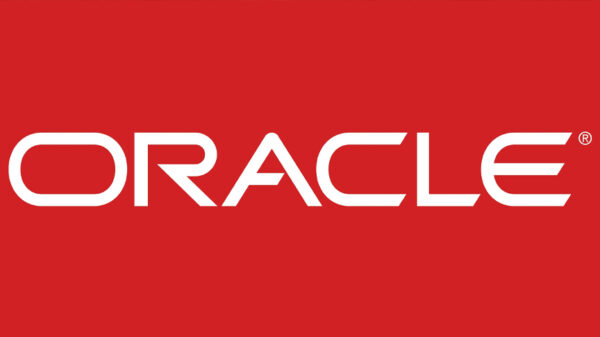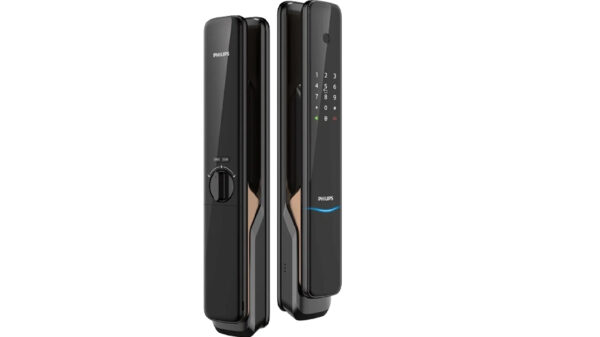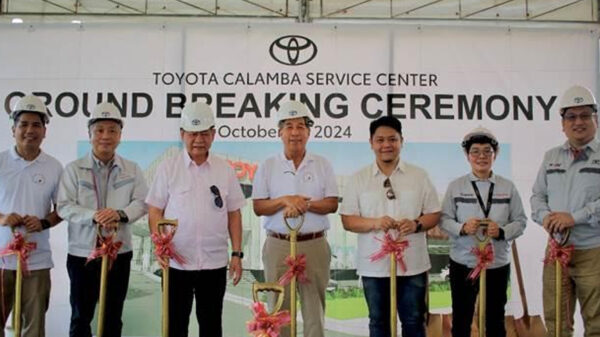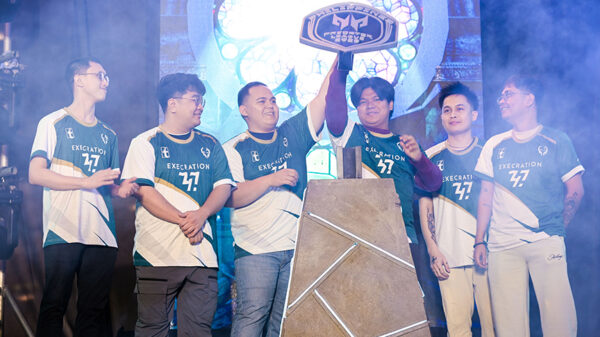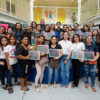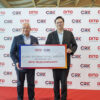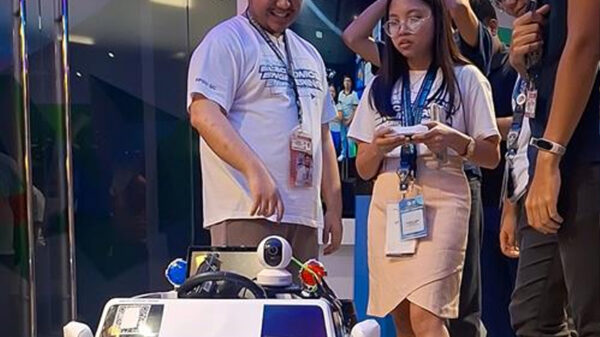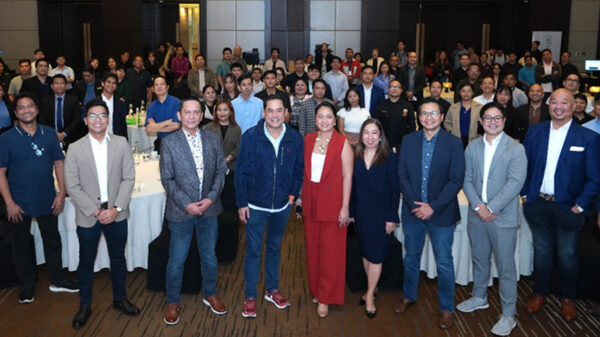LinkedIn, the world’s largest professional network has launched LinkedIn Opportunity Index 2021. The annual Index is a composite measure that seeks to understand how people perceive opportunities and the gaps that stand in the way of achieving them.
This year’s research looks at the impact of the pandemic on Filipinos’ access to opportunities. More importantly, it spotlights the gender gaps that continue to exist in the workplace, and how these affect women’s opportunities for career development.
Silver linings still exist amid challenging job market with pay cuts and reduced working hours
Previous surveys have shown the Philippines as one of the most optimistic markets in the Asia Pacific. This year’s study now finds it one of the countries with below-average confidence as Filipinos see fewer opportunities and more difficult barriers.
Almost 9 in 10 Filipinos feel they have been negatively impacted by COVID-19, citing job insecurity, reduced working hours and reduced pay. This has likely led to a cautious economic outlook among Filipinos, with 3 in 4 believing that the economic situation in the country has worsened.
Filipinos still consider job security as their most desired opportunity in 2021 (53 percent). However, they have also started looking for new opportunities to help others within the community. For example, 51 percent looked to providing safety support items like sanitizer and masks to others within the community and 32 percent looked to help or mentor others to gain opportunities.
In addition, Filipinos sought out learning opportunities. Learning new soft skills — effective communication, creative thinking, and leadership — were sought after by more millennials, while learning new hard skills — business analytics, sales, and marketing — was sought after by millennials and Gen Zs.
“About a year on since COVID-19 hit us, many continue to struggle from job loss and job instability. Yet it is heartening to see that people have also turned their focus towards helping the community,” said Feon Ang, Vice President, Talent and Learning Solutions, APAC, LinkedIn. “This is also a journey that we are working towards at LinkedIn because we believe in the power of community in helping others get back on their feet. We have also stepped up efforts to initiate mentorship opportunities for job seekers facing more barriers with our LinkedIn Coaches and Network Gap Alliance.”
Women still face significant barriers in achieving job-related opportunities
As 88 percent of Filipinos have started working from home, many working women now have to face other barriers when it comes to achieving opportunities.
Women, especially working mothers, are facing more significant obstacles under the current set-up compared to men. Close to half of working mothers (47 percent) have said they are struggling to balance their work and household responsibilities, with 42 percent saying their duties at home are getting in the way of their career development.
In spite of these barriers, women are prepared to work hard, but they desire equal access to opportunities as men. In fact, women see these two as the most important aspects (88 percent and 85 percent respectively) to getting ahead in life.
51 percent of Filipinos say that gender equality has improved compared to their parents’ time, however, many still feel gender bias continues to exist in the workplace
According to the study, 22 percent of female professionals agree that they have fewer career advancement opportunities, and 14 percent claim they are paid less than men in their profession. In fact, half of working women in the Philippines have experienced that their gender played a role in missing out on opportunities, promotion, and pay.
Our research suggests that this mindset may stem from broader societal perceptions around gender. While 74 percent think that gender equality is an important value for a fair society, more than half of the respondents believe that it has already come far enough and has been achieved to a satisfactory degree. Furthermore, 31 percent think that gender equality is impossible to achieve. This potentially shows that Filipinos feel not much more can or should be done to further gender equality.
Ang said, “The Philippine workforce has taken a hit due to COVID-19 across the board, women included. The lack of time is the top barrier for women today — likely due to having to juggle remote working and family responsibilities. We also know that women are seeking to get ahead in life, and want equal access to opportunity as men. As a society, we need to start changing our societal perceptions on gender. In our organizations, too, we need to level the playing field for women. When we succeed, the economy and our organizations succeed as well.
Businesses’ have an important role to play to bridge the gender gap and ensure equitable recovery for all
Encourage open conversations on diversity
Our data shows that only 26 percent of working professionals in the Philippines strongly agree that gender diversity is a priority in their organization. In the Philippines, LinkedIn recorded year-on-year growth of senior leaders taking the lead and initiating conversations about diversity on the platform. In addition, content on diversity gets on average 117 percent more engagement than the average company post. This is a positive sign that people are receptive to senior leaders’ call for gender diversity, which could ultimately help address the gender gap and ensure equitable recovery for all.
Initiate group mentoring programs in the company to help women soar in their roles
In the Philippines, 22 percent of female professionals agree that they have fewer career advancement opportunities, and 14 percent claim they are paid less than men in their profession. At LinkedIn, we have programs that support our community of women in their professional growth. For example, EmpowerIn is a leadership development program to help high-performing women realize their full potential at the workplace. After three very successful cycles of the program, we are committed to running our fourth cycle virtually this year.
Implement policies to help women balance work and personal life
As a result of lack of diversity and barriers faced by women in progressing at work, more expect organizations to provide them with maternity leaves and extended maternity leaves. Expectation for extended maternity policies is a strong sentiment among working mothers. This suggests that women are aware and more vocal about the support they need from the workplace in order to balance work and family responsibilities effectively.
“There is strength in numbers. When more organizations come together, we can do more to help bring equitable recovery for all. It always starts with one small step — from encouraging open conversations on diversity and equality, and advocating for practical initiatives from flexible working hours to mentoring programs. We must foster the right culture and values in our organization, to ensure that everyone progresses together, and no one is left behind. When we do this, we can achieve so much more,” said Ang.

